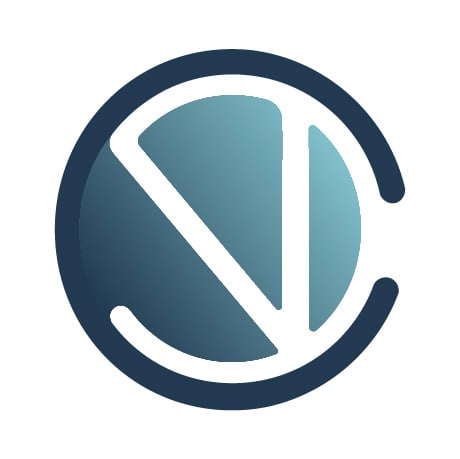NLP in Context: A Look into Embodied, Inc
Carrying on our conversation about how VC’s are looking at the NLP space, below is a snapshot of the number of companies listed NLP specialists by the stage in their journey. The bulk of NLP companies on Crunchbase in the Seed stage underscoring how it is a nascent industry.
The overwhelming majority of NLP companies were founded in 2017 and 2018 - 91 and 80 companies respectively. It suffices to say that the industry is hot, and the growth is not geographically constrained to the US.
According to Mordor Intelligence, the social robotics space is expected to grow at a 32.4% CAGR from 2018-2028. Moxie faces competition from the following competitors: LuxAI’s QTrobot, Robokind, Blue Frog’s, Buddy, Movia’s Robotics, Miko, and Softbank's Pepper. The fastest growing market is the North American market with the current largest market being the Asian market. In the backdrop, the WHO forecasts neurological disorders will increase to 103 million in 2030, and government healthcare expenditure as a percentage of GDP is also expected to increase over the period. In the US, the budget for 2022 fiscal year provides $2.9 billion for mental health activities, which is an increase of $1.1 billion over FY 2021 enacted.
While it is important to note that prices and products do not remain static below is a snapshot of the social robotics space as of date of publication:
- LuxAI QTrobot: 3 products for 3 different use cases. For research to create state-of-the-art social robot applications - the price point is $9,640; for home use with autistic children - the price point is $1980; for schools to assist with special education – the price point is $3320.
- Robokind uses more humanoid-looking facially expressive robots without LED’s like Moxie to assist special educators to teach SEL skills to children. It has 4 variants: Milo, Carver, Veda, and Jemi. $6500 is the price for the hard unit and requires a $3500 per year subscription fee.
- Movia Robotics has 3 products: Teacher’s Aide which provides robot-assisted instruction to break down learning barriers for children with special needs – average price for the enterprise robots is $9300. HomePal which uses a nonjudgmental persona to create a safe and comfortable learning environment at home- can be rented for $199 per month with a 1-year commitment or bought for as low as $2388. Lastly there is TheraPal which offers therapeutic growth for individuals with special needs. Can be rented for $341.67 per month or bought for at least $4100.
- Miko’s Miko 3 robot has a price point of $149. A trademark feature is its audiovisual sensors which can understand your environment and navigate it with ease. Wider target market than Embodied. Interactions can target both speech skills in children and physical activity. Miko has face and voice recognition capabilities. Less specialized catering to MBDD children.
- SoftBank’s Pepper robot was priced at $1,800 before being discontinued. The robot is designed to be a companion and has the ability to recognize faces and basic human emotion.
Embodied is also positioned to be a leader in the Social AI space thanks to Moxie's emotional comprehension abilities. Marketing and sales firms have increasingly sought the capability of identifying and distinguishing emotions through the use of computers. Enterprises have been utilizing technology to identify customer emotions in order to enhance customer success programs and improve the customer experience. Companies like Uniphore, Gong, and Chorus.AI were born out of that demand to analytically determine how to improve customer engagement. The application of emotive AI can also be useful in the mental healthcare industry, entertainment, and hospitality industries, all geared toward improving the customer experience.
Given changes to the U.S inflation and interest rate environment, our view of the NLP space anticipates valuation multiples for these companies to decrease independent of the underlying tech improvement. The value of future cash flows are dampened by the lower relative buying power and increased borrowing costs. In the past, start ups tended to be resilient to these trends but risk allocation over the past 5 years made private equities correlate with public equities.

